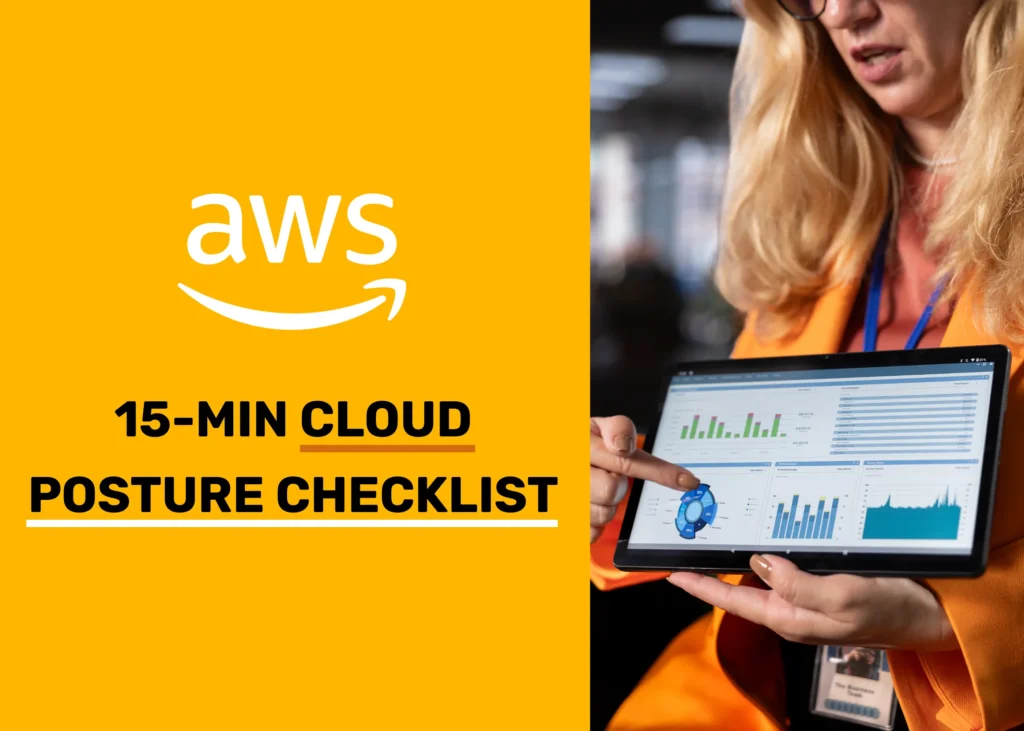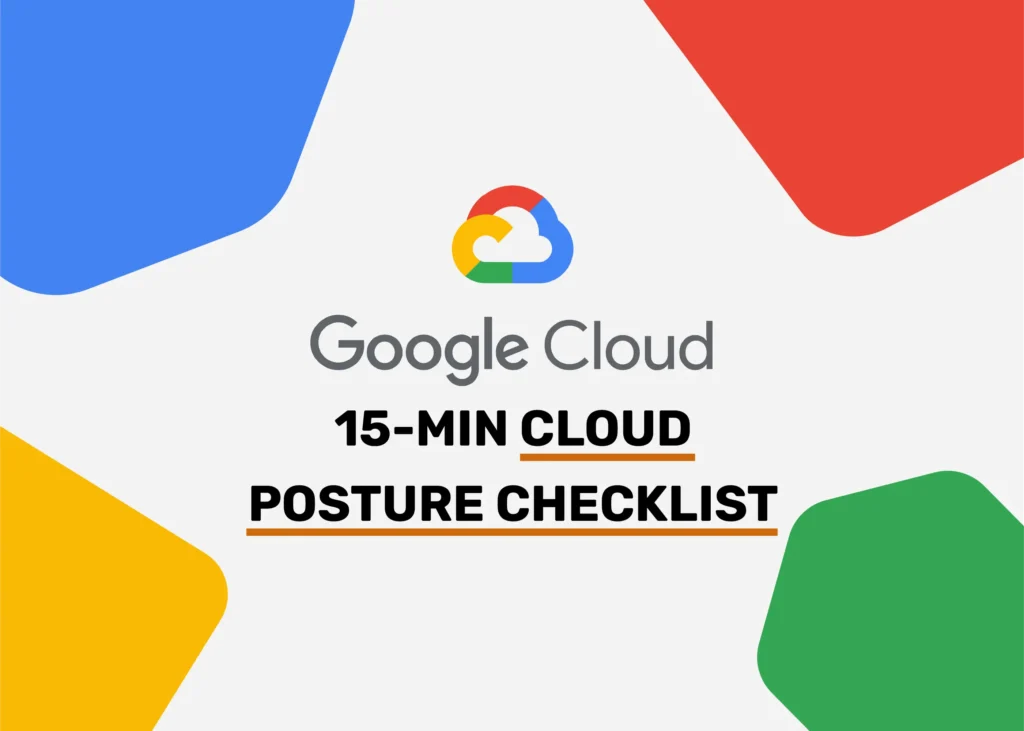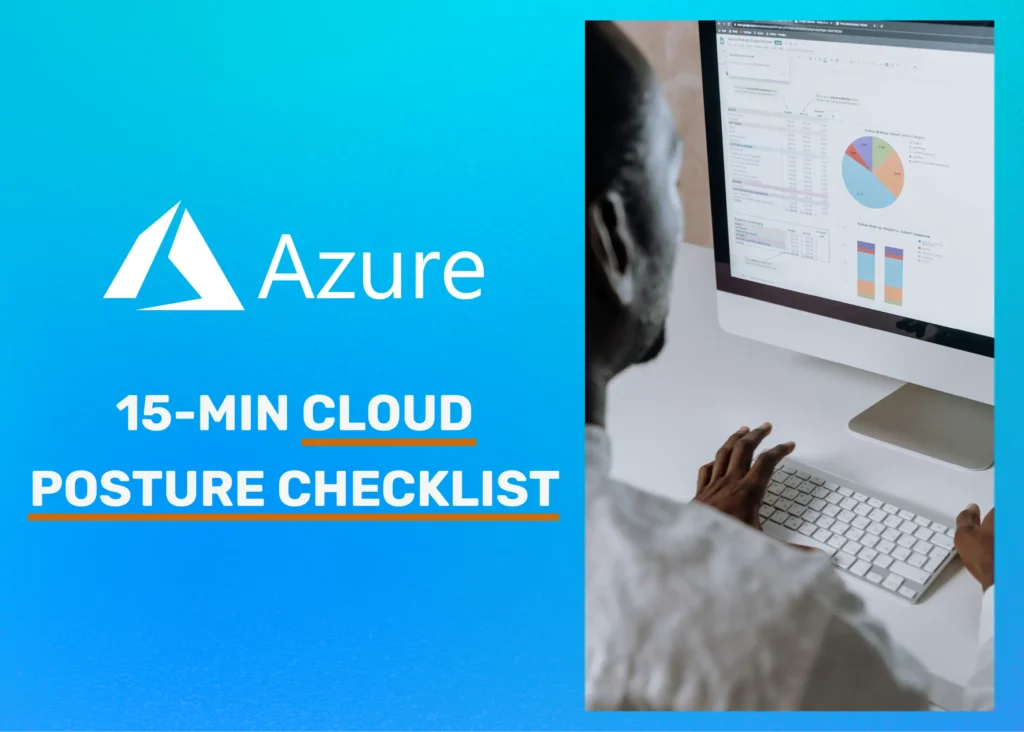
Your one-stop access to prominent case studies, whitepaper, do-it-yourself (DIY), fact / data sheets to help you secure your cloud environments.
Explore proven playbooks: DIY scripts with ready-to-run fixes, strategic whitepapers, and real-world case studies. No buzzwords. No wasted cycles. Get actionable resources to monitor your environment efficiently, cut risk, and enforce compliance—so you secure assets without slowing innovation.

Get our free checklist to audit critical AWS security settings. Ideal for fast vulnerability checks and compliance alignment.
Copy-Paste, Secure!

Get our free checklist to audit critical GCP security settings. Ideal for fast vulnerability checks and compliance alignment.
Copy-Paste, Secure!

Get our free checklist to audit your critical Azure cloud posture. Ideal for fast vulnerability checks and compliance alignment.
Copy-Paste, Secure!



Lorem ipsum dolor sit amet, consectetur adipiscing elit. Ut elit tellus, luctus nec ullamcorper mattis, pulvinar dapibus leo.
Implement zero-trust architecture, encrypt data in transit/at rest, enforce MFA, conduct quarterly audits, and automate threat detection. Adopt CIS Benchmarks and NIST frameworks. Update policies quarterly to counter emerging threats like AI-powered attacks.
Zero-trust assumes no user/device is trusted. It minimizes breaches by segmenting networks, verifying every access request, and limiting lateral movement. Studies show 68% fewer incidents when fully implemented.
Key frameworks include GDPR (data privacy), HIPAA (healthcare), PCI-DSS (payments), ISO 27001, and SOC 2. Choose based on your industry; financial services require FINRA, while public sectors need FedRAMP.
Top risks: exposed S3 buckets, overprivileged IAM roles, disabled logging, unpatched VMs, and public database instances.
Use CSPM tool like ion Cloud Security to automate detection.
Step 1: Inventory assets.
Step 2: Identify threats (e.g., data leaks).
Step 3: Analyze impact/likelihood.
Step 4: Prioritize risks using NIST 800-30.
Step 5: Document mitigation plans. Repeat biannually.
Regulations like GDPR Article 32 mandate encryption to protect sensitive data. Unencrypted cloud data causes 90% of compliance failures. Use AES-256 encryption with customer-managed keys for audit-proofing.
Top tool: ion Cloud Security platform with-
Look for auto-remediation, threat intelligence feeds, and compliance reporting.
Phase 1: Scope cloud assets.
Phase 2: Simulate attacks (e.g., API exploits).
Phase 3: Report vulnerabilities (OWASP Top 10 focus).
Phase 4: Retest fixes. Always get provider approval (e.g., AWS VPC testing rules).
Mitigate API risks with rate limiting, OAuth 2.0 authentication, encryption (TLS 1.3), and regular vulnerability scans.
Healthcare (PHI protection), finance (transaction security), e-commerce (PCI-DSS), and government (FedRAMP). Audits are legally mandated for GDPR/HIPAA sectors.
Cloud providers (AWS/Azure) secure infrastructure (hardware/OS). Customers secure data, access controls, and apps. Misunderstanding causes 70% of breaches. Always review SLAs.
Conduct phishing simulations, enforce policy quizzes, and host quarterly workshops. Focus on password hygiene, MFA, and incident reporting. Certifications like CCSP boost expertise.
Event-driven protection. Zero blind spots. Infinite scale.
